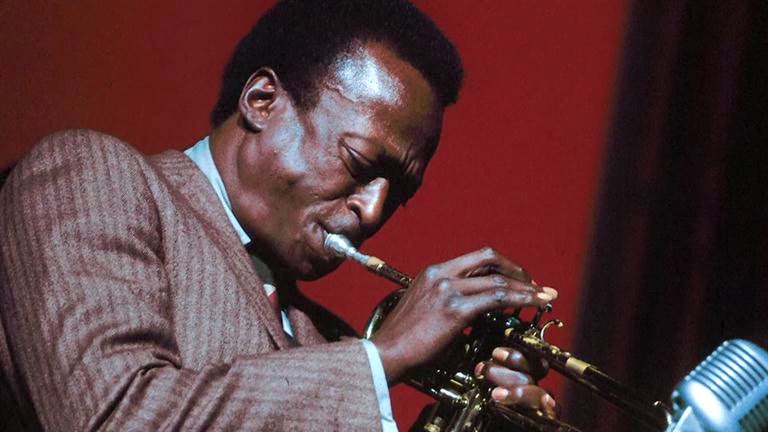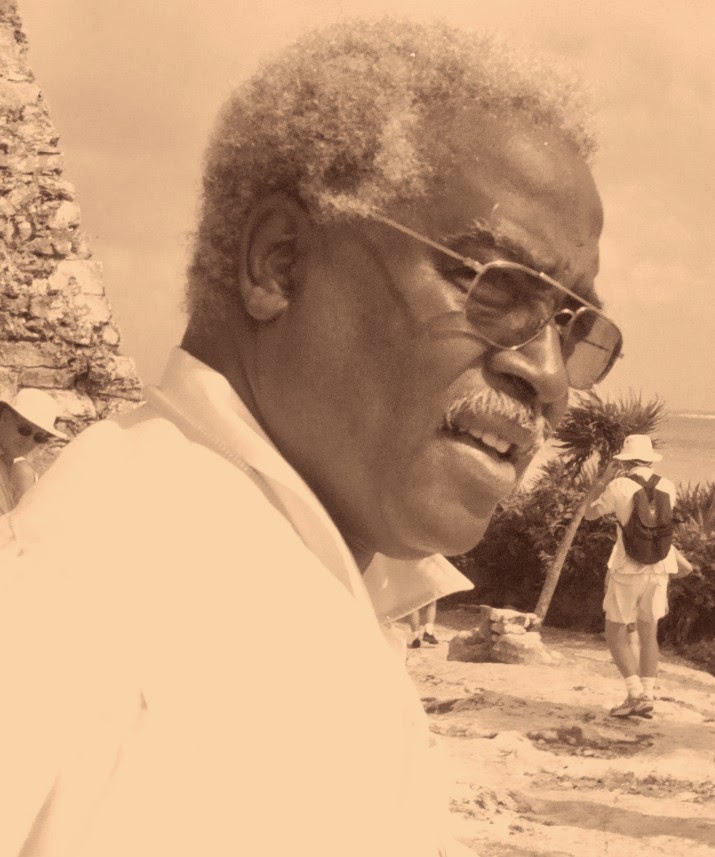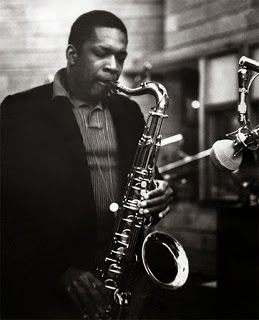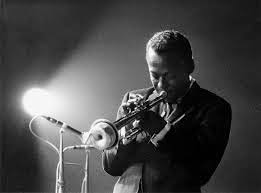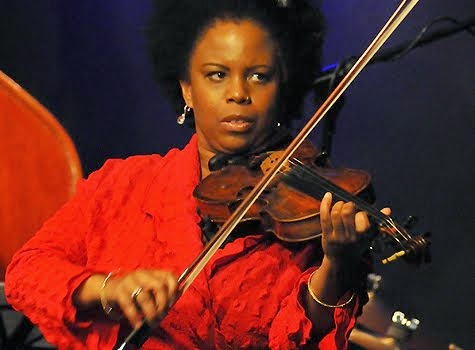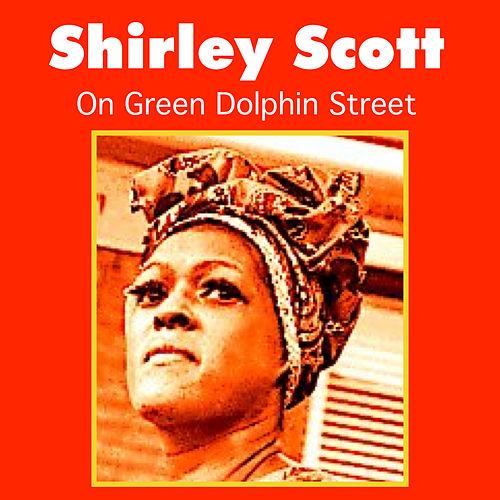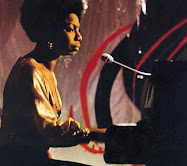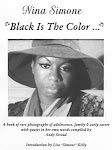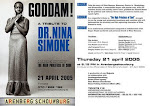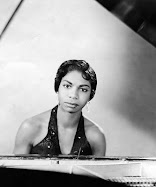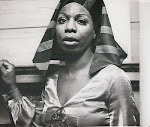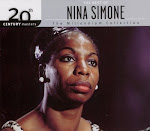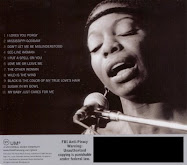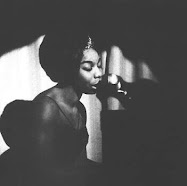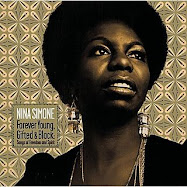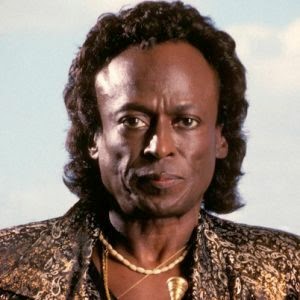Nina Simone: She Cast a Spell and Made a Choice
When Nina Simone died quietly in her home in southern France on 21 April 2003, the spiritual essence of three generations of freedom fighters passed on to the otherworld the proverbial crossroads with her. With a voice that embodied the pain and power of the scattered African Diaspora and classic West African facial features that suggested a short distance between the Tyron, North Carolina of her birth and Ghana.
She was the voice of a movement. Deep blues, even darker hues, from the Delta to Dakar. When the old guard of the Civil Rights Movement talked about the “voice” of the movement, they always invoked Nina Simone, Ms. Simone to all those who couldn't wrap their minds around this woman, Black woman, protest woman, iconic woman, the one woman whose very voice summoned the spirits of the Middle Passage, of those under the overseer's lash, of that charred fruit hanging from southern trees, the sprits of blues whisperers, sacred singers, heavenly shouters and insatiable desires. This woman, Black woman, was the voice of a people.
In the early 1960s, Simone's music began to more directly echo the tenor of the times. Once the darling of the supper club set, Simone was more likely to be found performing at a Civil Rights fundraiser. It was because of her experiences with the movement that Simone wrote and recorded her most potent critique of American racism, “Mississippi Goddamn” She was dramatically moved by the bombing of the 16th Street Baptist Church in Birmingham, Alabama, which killed four little Black girls. Simone restrained her own rage and transformed it into the scathing political anthem, “Mississippi Goddamn”. The song was recorded live at Carnegie Hall in March of 1964. Simone's career and her access to the supper club set would be radically altered by the recording. The brilliance of the song lies in the way she initially destabilized the immediate reception of the song, by placing the song's lyrics on top of a swinging show tune beat as she speak truth to power.
“Alabama's got me so upset / Tennessee makes me lose my rest /
And everybody knows about Mississippi, Goddamn /
Don't tell me, I tell you /
Me and my people just about due /
I've been there so I know /
You keep on saying go slow”
Click Here For The Rest Of The Story








